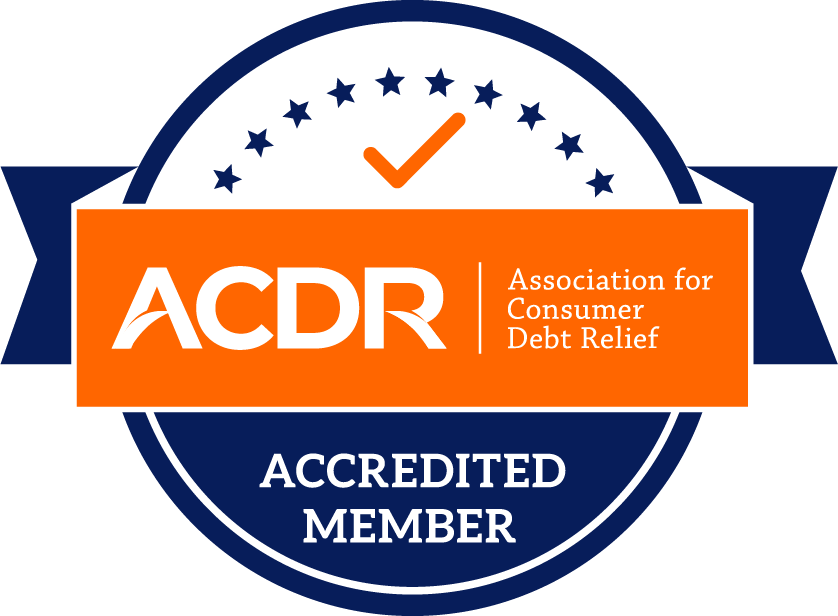
Steps to Improving Your Credit Score
High school report cards do not follow you around forever, but unfortunately, your credit score report card does. Having good debt is an essential part of adulthood, as it is what allows you to get a car, home, loans, and many other basic necessities that you will need over the years. For many people, maintaining a good score of 700 or above can be terribly daunting, especially if your credit has dipped below 600 and you are struggling financially. Luckily, there are steps to improve your credit score that are sweet and simple.
Analyze Your Credit Score
Before you can know how to improve your credit score, you must know what your score is and look at the factors at play. Many credit card companies and banks offer credit reports to show this data for free, but if not, you can easily get your report through other companies. When looking at your report, pay close attention to your payment history, credit utilization, credit history, new credit, and what kinds of credit you have. Understanding your credit score is essential and, with these factors, you can easily see where you can improve. If the biggest contributor is that you don’t make payments on time, for example, that’s a pretty simple fix you can make in no time.
Evaluate Your Budget
An important first step to improve your credit score is to know exactly where you are financially. Take the time to carefully comb through your income and expenses and see where you can cut back to spend more time and money on getting out of debt. Consider narrowing down your spending on restaurants, activities, and subscription services to get started. Sometimes those items alone can eat up a few hundred dollars every month. You could also consider looking at cheaper grocery stores, requesting lower interest rates, or selling unused household items to help. The more money you can put toward your outstanding balances, the quicker you get out of debt and the sooner your credit score goes up.
Determine a Debt Plan
There are countless debt management solutions and there is no one size fits all plan that works for everyone. However, there is a plan out there for you and your situation and they are specially designed to help you learn how to improve your credit score, as well as get you out of debt. Whether you are looking for help with debt settlement, consolidation, management, or just want to learn some basic skills to keep you afloat, there is a plan out there to help you. A major key to financial success is remembering that you never have to go it alone. There are people and plans available that want to help.
Make Payments On Time
For many people, one of the biggest contributors to poor credit scores is a simple fix — make your payments on time. If remembering the date is difficult to do, try noting it in your phone calendar, desk calendar, or even setting up automatic payments. Many lenders will even allow you to pick your payment due date so that you can line it up with your paychecks every month or spread out your bills so they are a little easier to manage. Regardless of how you do it, it is imperative to show your lender that you are fiscally responsible and can, at the very least, make the minimum payment on your balances every month. Your credit report is essentially a financial scorecard that allows lenders to rate your credit worthiness.
Be Weary of Applications
If you seek out advice from a certified debt relief specialist, one of the first things they will tell you about your new steps to increase your credit score is to stop applying to new lines of credit. You should avoid applying for too many credit cards, loans, apartments, homes, or cars, as all of these actions require the company to perform a hard check on your credit. Hard checks can take a hard hit on your credit, as they make it appear to your current financial lender that you are in desperate need of money or assistance.
Use Your Credit Carefully
One of the other major struggles people tend to have is using their credit card as a debit card. While it does come off as ‘free money,’ it is crucial to remember that everything you spend on your credit card is money you must pay back. And, to keep your interest low, it is optimal to pay that amount back at the end of each month. To help lower your risk of not being able to pay back that amount every month, consider only using your credit card for items you will have to purchase every month anyway. Try using it for utility bills, groceries, or gas and then set money from your bank account off to the side so you are sure you can pay off that balance at the end of the month.
Get One-On-One Assistance
The top foolproof way to learn how to improve your credit score is to meet with a certified expert. By working with someone one on one, they can better assist you in narrowing down exactly what you can do to improve your score and your financial lifestyle overall. At Liberty Debt Relief, for example, they will carefully go through your budget with you, determine how you can better spend your money on debt relief, and connect you with a debt relief plan that is best suited for your situation.
Getting out of debt and living a life unbound by financial burdens can happen easier than you think. When you take the first step to seek out the necessary steps to increase your credit score, you are taking a leap into success. Contact Liberty Debt Relief for a free consultation and to find out how you can get on the freedom track today.








